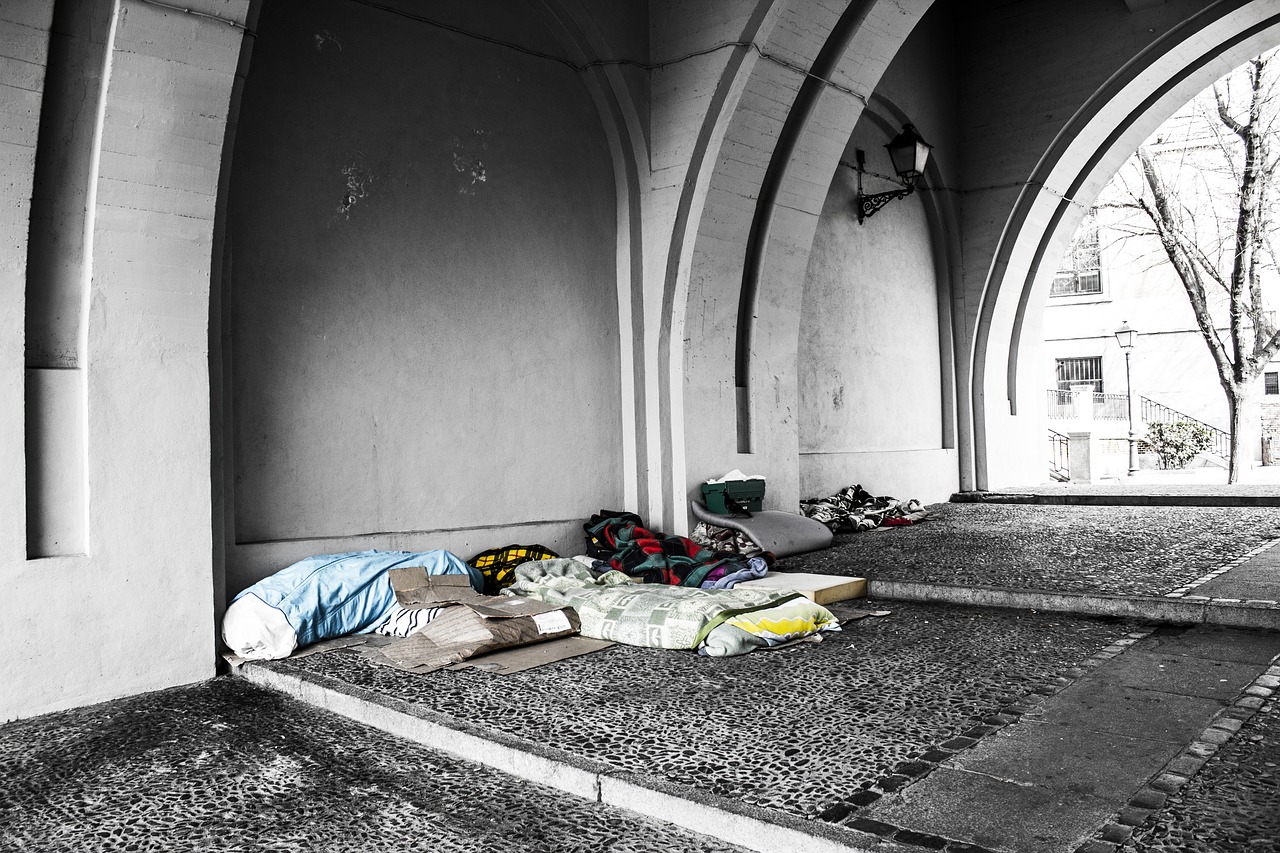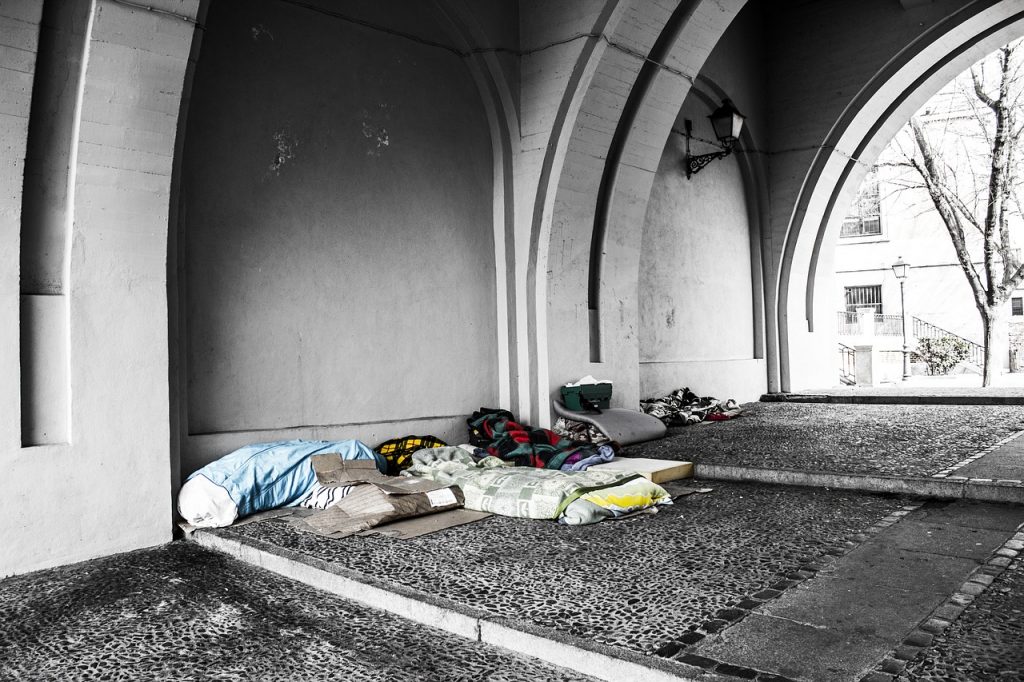
A contentious program that employs councils and homelessness charities to glean personal data has been quietly reinstituted by the Home Office, potentially causing the deportation of non-UK rough sleepers.
Since the relaunch six months ago, two charities and six councils have enrolled in the scheme, as reported by Liberty Investigates, a journalism group of the human rights organisation Liberty.
One charity, London-based Single Homeless Project, instantly deregistered from the program once they were contacted over their involvement, asserting they wanted to refrain from putting rough sleepers at risk. They said they had signed up due to issues gathering paperwork to help four people who had been lodged in a hotel during the pandemic, and were now facing the closure of the business.
Camden Routes off the Streets, run by the charity Change Grow Live, the second charity implicated in the scheme has not responded to any requests for comments.
This has transpired in the week following the controversial overhaul of the asylum system by the Home Secretary, Priti Patel. These new policies could dramatically broaden the number of homeless foreign nationals by leaving future asylum seekers even more impoverished than they already are without the right to settle permanently, work or claim benefits.
The government has been allowed to strengthen the repressive capabilities of the state against immigrants and asylum seekers further with impunity, by instigating racist hostility between UK and non-UK residents and rough sleepers in the last decade. These steps are mere drops in the ocean of policies designed to debilitate immigrants’ already insecure rights.
Until the Observer exposed it in 2019, the Rough Sleeping Support Service (RSSS), part of a covert plan to deport rough sleepers after obtaining personal data without their consent, was trialled by the Home Office from 2018.
The Home Office revised the RSSS last September, only after a challenge by the Public Interest Law Centre and reinstated it with a fresh requirement for charities and councils to gain what it calls “fully informed consent”.
It doesn’t take an expert to realise that the vulnerability of rough sleepers, language barriers and the power balance between client and case worker makes getting informed consent this way very dubious.
It’s unknown how many rough sleepers have since been deported in the government’s “hostile environment” policy.
Fundamental to the relaunch, signatory organisations have been asked to agree to a 19-page user agreement, which affirms deportation as one of four possible consequences, advising them to allow rough sleepers the chance to read it before signing a consent form.
The form asserts that “the service is not intended to identify or locate immigration offenders… [but there is a] possibility that you may be required to leave the UK” if the individual doesn’t have a legal basis to remain. According to a Home Office spokesperson, the RSSS was devised to determine whether a rough sleeper have access to public funds, but in a state that is increasingly using surveillance against its proletariat it’s not far-stretched to see how this policy will be used in the interests of the Tory government against immigrants.
Charities and councils are places that rough sleepers have turned to for help in exceptionally difficult times but this policy has demonstrated how these institutions function under capitalism. This kind of false charity is only brought about because of oppression and exploitation. It’s only by dismantling the structures that perpetuate oppression and exploitation that rough sleepers, immigrants and the rest of the working class can be liberated.
Georgina Andrews




